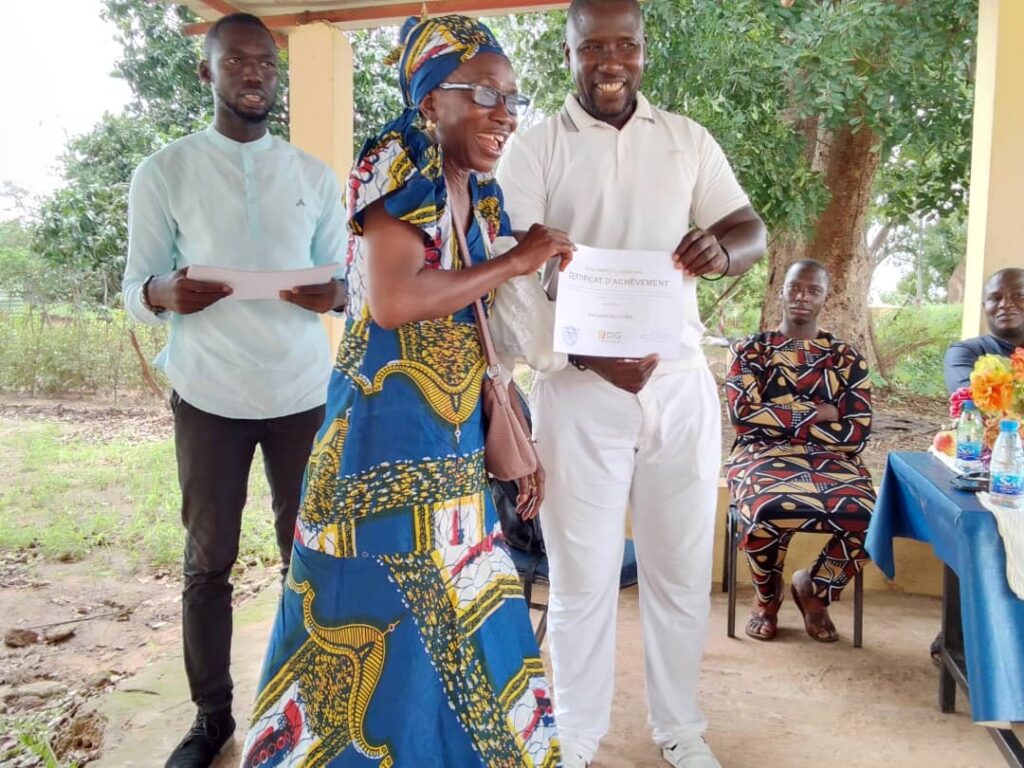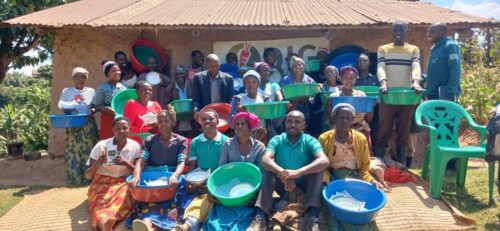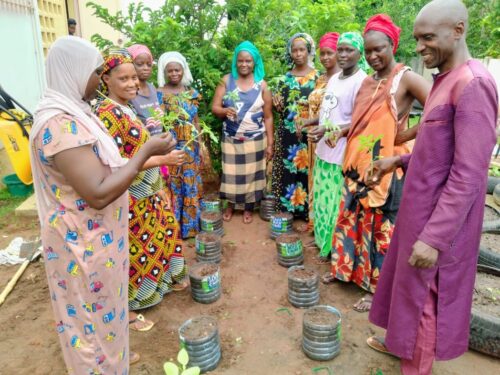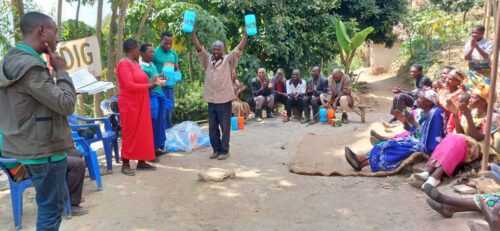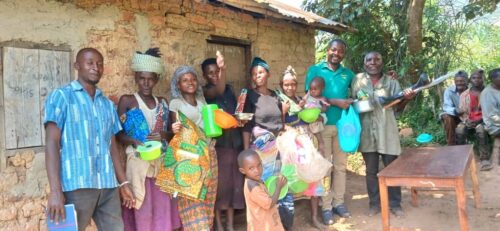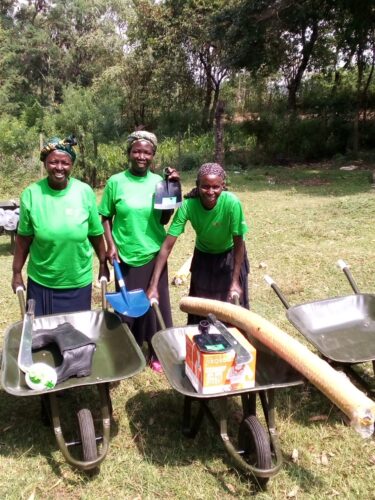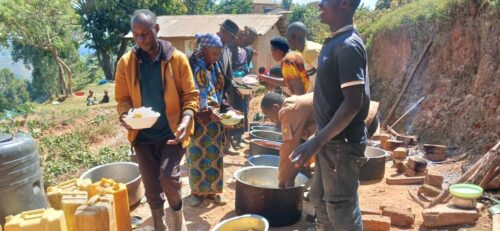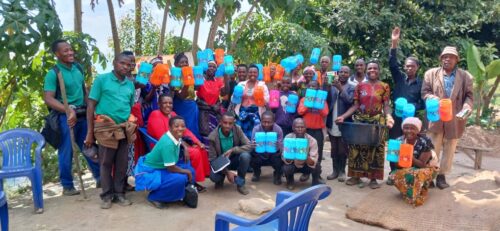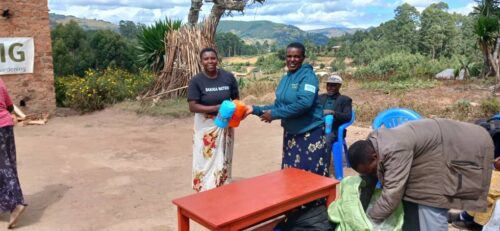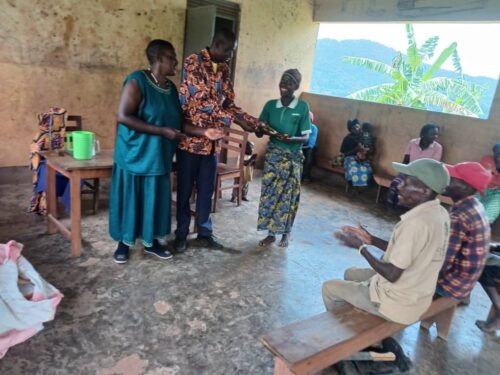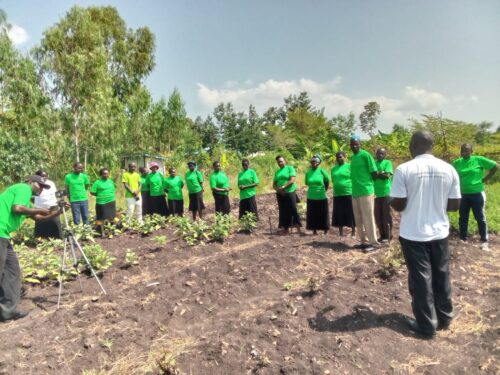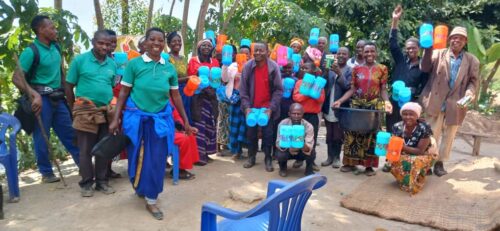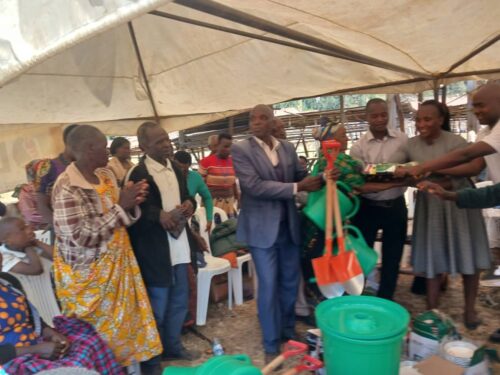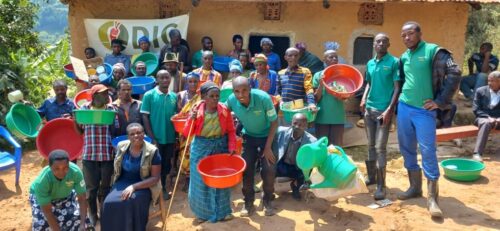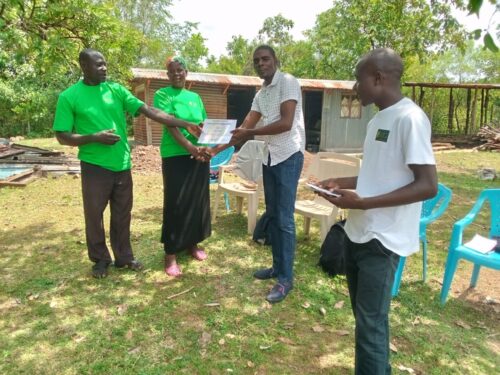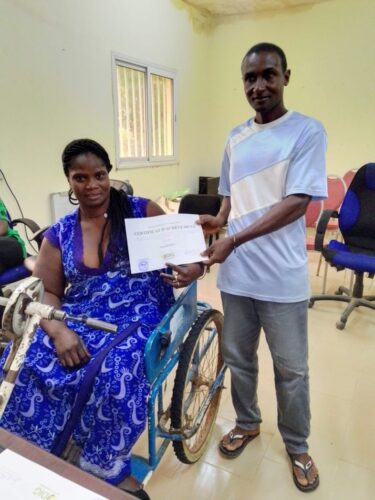From Isolation to Community
We believe social cohesion is more than just an abstract concept—it’s the foundation of our work and one of our most powerful Pillars of Impact. It’s what transforms isolated individuals into confident, connected community members. This transformation was on full display during the recent farmer graduations in Kenya, Senegal, and Uganda, where we had the honor of celebrating the incredible achievements of our farmers.
These ceremonies were more than just a milestone; they marked the journey of individuals who, through hard work and dedication, became recognized leaders and practitioners within their communities.
In Kenya, many farmers begin their journey with limited knowledge of agroecology, often feeling isolated and unrecognized in their communities. Thanks to the comprehensive training provided in DIG’s Farmer Field Schools, individuals gain essential skills for increased productivity and resilience such as soil and water conservation, ecological pest management, and crop diversification. With their new tools, they not only improve their yields, they earn the respect and recognition of their peers.
“Before I joined DIG, nobody recognized me in my community despite doing maize farming on a small scale. But now, I am known by many as a vegetable farmer because of the new adoption, unique farming techniques such as the use of raised beds and garden diversification. People come to my farm to buy kale, spinach, and cilantro. This has made me feel valued in my community, as many depend on me for food. Some even come to my farm for training,” shared Kanoti Ayoro, a proud graduate and member of DIG’s Kipingi Farmer Field School Group in Kenya.
In Uganda, graduating from the DIG program is a moment of immense pride. The achievement comes with community recognition, as they are now seen for the skills they have to offer. Because the groups DIG prioritizes in Uganda often live with social stigma, these shifts are immeasurably significant. Graduates who once isolated themselves begin to engage more with their peers, building lasting relationships and taking on leadership roles within DIG groups.
The program has taught participants the importance of social interaction and teamwork and the impacts extend far beyond the program timeline. Reports show, they are passing on the knowledge they’ve gained to others in their community, fostering greater interaction and strengthening social ties. “They get more people who come to their homes to buy vegetables and learn from them, which expands their social network,” noted Gloria Mushabe, Uganda Program Manager, highlighting the ripple effect of their achievements.
Seckou, DIG’s Program Manager in Senegal, explains, that the certification from the graduation ceremony speaks to the skills the farmers have acquired during the DIG training. Among other, graduates have the training to:
- Set up a garden
- Assess the quality of their soil
- Select an appropriate type of garden bed for their land
- Recognize and save quality seed
- Create a nursery
- Sow and transplant
- Recognize and address various pests and disease in their crops
- Make and apply organic fertilizers and pesticides
- Maintain their gardens and rotate crops over time
- Harvest, prepare, preserve, and market their vegetables.
On the day of the ceremonies, the atmosphere is vibrant and full of anticipation as all the farmers gather with their families to celebrate this milestone. Seckou reflects,
“It’s a proud moment, not just for them but for the entire community. I remember one particular ceremony in Bignona. The graduating group of farmers were people living with disabilities, and the turnout to their celebration was incredible. The Mayor’s representative was there, along with the prefect, the head of the agricultural high school, and of course, the proud parents of the farmers. The joy was palpable, and after the certificates were handed out, the celebration truly began—everyone joined in the dancing, marking a day of unity and achievement.”
If you’re inspired by these stories and want to learn more or get involved with DIG’s initiatives, we invite you to join us for our next field trip. Come witness firsthand the transformative power a garden can have on social cohesion and celebrate the success of these extraordinary individuals. Learn More about 2025 Trip to the Field.
